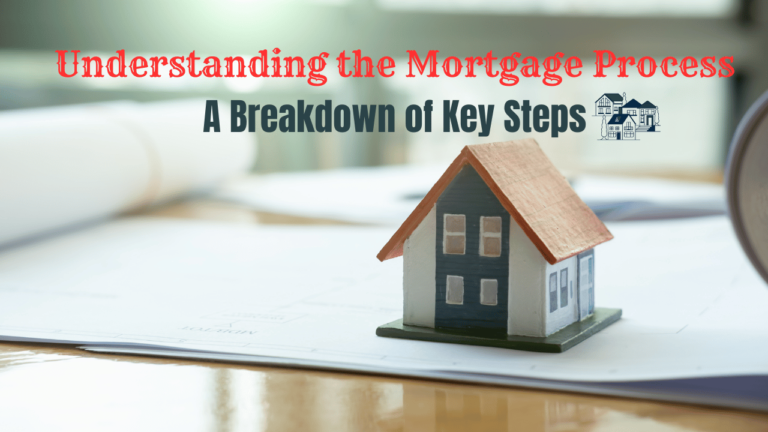The path to homeownership involves several steps, procedures, and stakeholders who contribute to turning the dream of owning a home into a reality. Central to this process is the mortgage loan officer, whose expertise and guidance are crucial from loan application to approval. This article aims to clarify the mortgage process by providing a comprehensive overview of each stage, including assessing borrower eligibility and understanding the necessary documentation and procedures.

1. Application to Approval
The mortgage process commences with the loan application, where potential borrowers furnish personal and financial information essential for loan consideration. This application, often referred to as a 1003 form, includes details of the borrower’s income, assets, debts, and the property being acquired.
Following the application submission, the mortgage loan officer scrutinizes the borrower’s information to determine preliminary eligibility. This evaluation includes assessing the borrower’s credit history, employment status, income, debt-to-income ratio, and other pertinent factors that might influence their ability to repay the loan. The mortgage loan officer also introduces various loan options, including fixed-rate, adjustable-rate, FHA loans, and others, aiding the borrower in selecting the most suitable option for their situation.
Once the application is complete and the loan type is chosen, the mortgage loan officer initiates the underwriting process. Underwriting entails a rigorous analysis performed by the lender to ascertain if the borrower’s loan application satisfies the institution’s lending criteria. This process includes verifying the borrower’s information, evaluating the credit risk, and ultimately deciding whether to approve or deny the loan application.
2. Assessing Borrower Eligibility
Evaluating a borrower’s eligibility is a meticulous process that necessitates a comprehensive examination of the applicant’s financial situation. Key considerations include:
Credit Score and History: A borrower’s credit score is pivotal in determining eligibility. It reflects the borrower’s creditworthiness and influences the interest rate they will receive. The mortgage loan officer must expound on the impact of credit scores on the application and offer guidance on enhancing scores if necessary.
Income and Employment Verification: Stable income and employment are prerequisites for loan approval. Mortgage loan officers review pay stubs, tax returns, and employer verification to ascertain the borrower’s income and job stability.
Debt-to-Income Ratio (DTI): This ratio gauges a borrower’s monthly debt payments against their gross monthly income. It assists lenders in assessing the borrower’s capacity to manage monthly payments and repay debts.
3. Documentation and Procedures
Proper documentation is imperative in the mortgage process, as it substantiates the borrower’s financial status and readiness for a loan. Common documents required include:
Financial Statements: Bank statements and investment accounts provide a snapshot of the borrower’s financial health.
Property Appraisal: An appraisal is necessary to establish the property’s market value, ensuring the loan amount does not exceed the property’s worth.
Title Search and Insurance: These ensure the property is legally available for sale and protect against future legal claims.
The closing process represents the final step in the mortgage journey. This involves signing legal documents, including the mortgage and note, which detail the loan’s terms and the borrower’s obligation to repay. Closing costs, typically 2-5% of the home’s purchase price, are also settled at this stage.
Understanding the mortgage process is paramount for mortgage loan officers, as they serve as the primary source of information and support for borrowers navigating this complex journey. By mastering each step, from application to approval, mortgage loan officers can provide invaluable assistance, ensuring clients are well-informed and confident in their decisions. This not only facilitates successful home purchases but also fosters trust and loyalty, laying the groundwork for a fulfilling career in the mortgage industry.
Continue Your Journey: “Ready to take your understanding further? Continue your journey with our exclusive FREE Report. Click here to grab your copy and explore the possibilities!”




